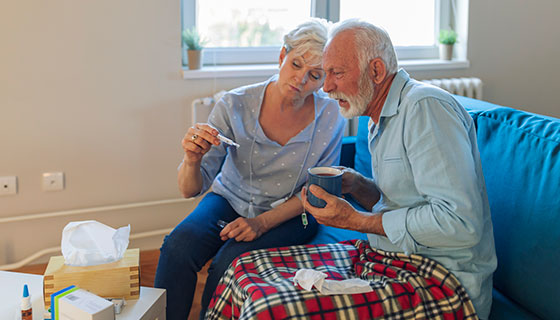Her symptoms COVID-19 Early stages of the disease vary by gender and age, according to a study published in The Lancet Digital Health by researchers at King's College London.
The research team is behind the ZOE app, which is regularly used by hundreds of thousands of people in the UK to report positive coronavirus diagnoses and symptoms.
The study analyzed the incidence of 18 symptoms, such as loss of smell, chest or abdominal pain, persistent cough, and even blisters on the legs.
Among other findings, the authors point out that men are more likely to report shortness of breath, fatigue, chills and fever as initial symptoms. In women, symptoms such as anosmia, chest pain and persistent cough are more common at the beginning of the infection.
People over the age of 60 do not have much of an anemia symptom, which is almost never reported in people over the age of 80. But at these older ages, diarrhea often occurs as a result of coronavirus infection.
Also for those over 80 are usually reported as symptoms sore throat, eye irritation, chills, chest pain and muscle aches.
In people between the ages of 60 and 70, the most common symptoms are chest pain, unusual muscle pain, shortness of breath and anemia.
Persistent cough is considered to be the most indicative symptom in older people aged 40-59 compared to older people.
Sensation causes that fever is not declared as a major symptom at the beginning of the infection by any age group.
For younger ages, from 16 to 39 years, the most common symptoms within the first three days are loss of smell, chest and abdominal pain, shortness of breath and eye discomfort.
Researchers behind the ZOE application have called on the British government to expand the list of Covid symptoms beyond high fever, persistent cough and loss of smell and taste.
They even say that in addition to the differences by age there has been a change in symptoms and due to the Delta variant, which e.g. It also causes runny nose, headache and sore throat.
However, the above data refer to the period until October last year.
